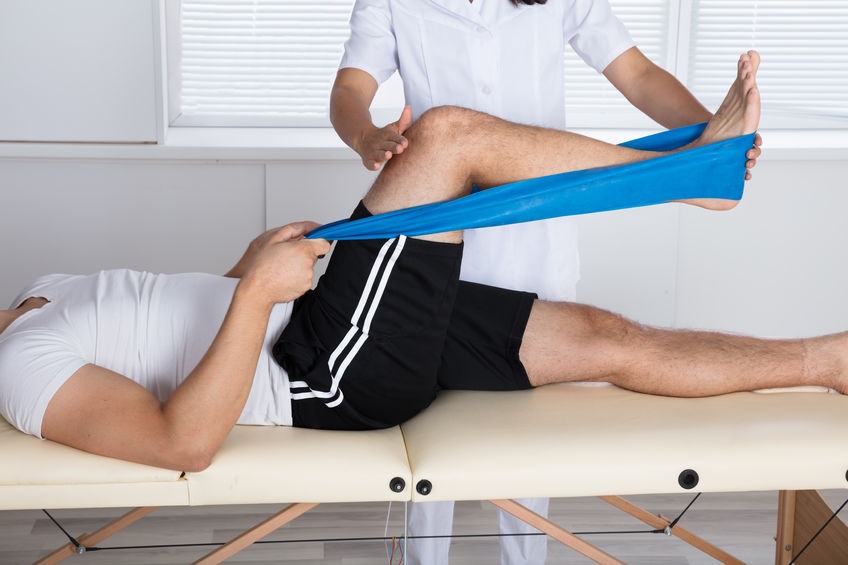Stress Fractures Are Not Just for Athletes
A stress fracture is a tiny or partial crack in a bone that is often the result of overuse. And contrary to popular belief, you don’t have to be an athlete to experience one. While they are more common in sports, Dr. William Buffone of North Fork Podiatry/Three Village Podiatry sometimes sees patients with bone fractures just from walking on hard surfaces.
In non-athletes, stress fractures can be caused by a variety of factors. Strain in the foot or overuse can cause what is known as a fatigue fracture, which is quite common. Weak bones that are caused by medical conditions such as osteoporosis can lead to another type of fracture.
An increased activity level or using steroid medication can also cause stress fractures. Telltale signs to be on the lookout for include pain that is increased with activity and lessens with rest, pain that elevates over time, or persistent pain even while resting. In many cases, the stress fracture will display inflammation over the affected area with a spot that is particularly painful to the touch.
If you notice pain during aerobic exercise, seek medical help. Diagnosing and treating a stress fracture early can often prevent further injury. While stress fractures might not show up for a few weeks, it’s possible that they may not appear in an x-ray.
In some instances, a bone scan, MRI or ultrasound can help make a definite diagnosis. A stress factor should initially be treated with rest, ice and an OTC anti-inflammatory medication. In some cases, depending on the extent of the stress fracture, some rest will be adequate for the bone to heal. In more severe cases, however, immobilization in a cast boot, fracture shoe, or cast is necessary.
Here are some tips for preventing stress fractures:
Wear the correct shoes for your foot type;
When starting a new program, exercise in moderation and progress slowly;
Don’t overdo with sudden changes of intensity in your exercise routine;
The foot is the foundation of the body so think about custom shoe inserts (orthotics);
Be sure to include plenty of calcium in your diet.
If you are experiencing pain in your ankles or feet, don’t take any chances! Schedule a consultation with Dr. William Buffone of North Fork Podiatry/Three Village Podiatry today.
You can reach Three Village Podiatry at (631) 474-3338, North Fork Podiatry (Southold) at (631) 765-6777 or North Fork Podiatry (Riverhead) at (631) 419-7107 today or schedule your appointment online.
